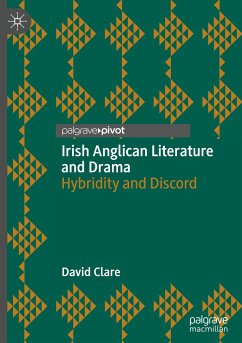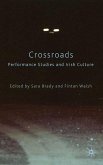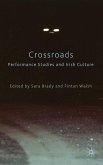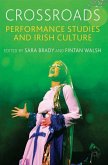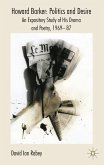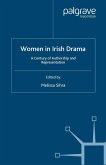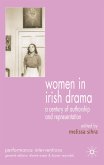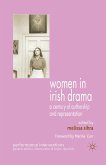This book discusses key works by important writers from Church of Ireland backgrounds (from Farquhar and Swift to Beckett and Bardwell), in order to demonstrate that writers from this Irish subculture have a unique socio-political viewpoint which is imperfectly understood. The Anglican Ascendancy was historically referred to as a "middle nation" between Ireland and Britain, and this book is an examination of the various ways in which Irish Anglican writers have signalled their Irish/British hybridity. "British" elements in their work are pointed out, but so are manifestations of their proud Irishness and what Elizabeth Bowen called her community's "subtle ... anti-Englishness." Crucially, this book discusses several writers often excluded from the "truly" Irish canon, including (among others) Laurence Sterne, Elizabeth Griffith, and C.S. Lewis.
"The compact nature of this work is suitable for scholars and readers who already have a basis in Irish studies ... . it is Clare's research and cogent writing style that shine through, further solidifying this work as an important contribution to the ongoing scholarship concerning the necessary inclusion of Anglo-Irish writers in the canon, largely thanks to the 'strength of the Irish identities of these same writers' ... ." (Aileen R. Ruane, SHAW The Journal of Bernard Shaw Studies, Vol. 42 (1), 2022)
"David Clare's book on the Irish Anglican tradition in writing and theatre history is a concise, accessible, and effectively argued work ... . this excellent and concise study equips us with an insightful account of the historical and cultural ambiguities that imbue our present." (Mike Griffin, Estudios Irlandeses, Vol. 17, 2022)
"David Clare's book on the Irish Anglican tradition in writing and theatre history is a concise, accessible, and effectively argued work ... . this excellent and concise study equips us with an insightful account of the historical and cultural ambiguities that imbue our present." (Mike Griffin, Estudios Irlandeses, Vol. 17, 2022)

